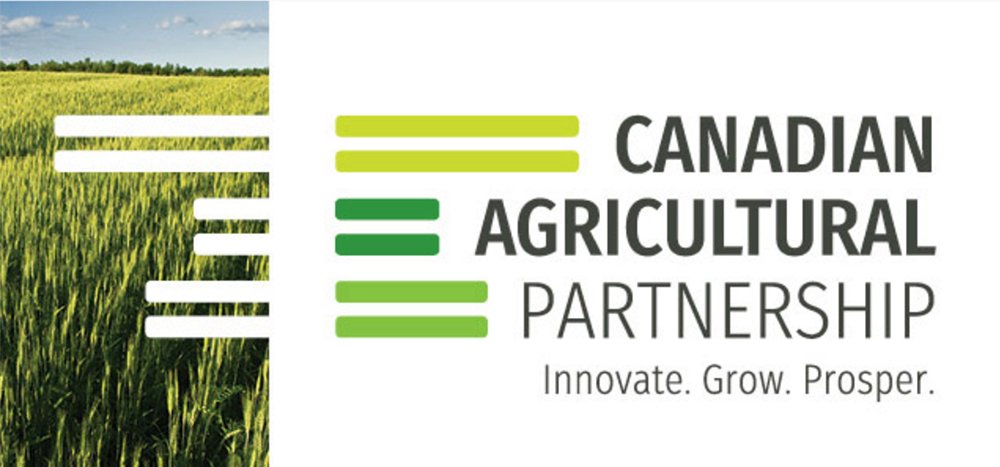Next farm programs to focus on sustainability

Consultations have officially begun on the next Canadian agricultural policy framework.
Federal agriculture minister Marie-Claude Bibeau said it’s time to look beyond the immediate challenges of the COVID-19 pandemic.
The $3 billion Canadian Agricultural Partnership expires in less than two years on March 31, 2023.
“There’s no question the Canadian Agricultural Policy Framework gives us a strong foundation to build on,” she said while formally launching the consultations in a virtual announcement.
Farm organizations have suggested governments increase the amount of money available in the framework, considering that it has been at $3 billion for about 10 years.
Bibeau said that could be up for discussion.
“I can tell you from the federal point of view we are looking at 60-40 cost-sharing for a big chunk of the programs. Some of the programs are 100 percent federally funded,” she said. “Could there be an increase from all sides? Why not?”
It’s unclear whether provinces would be willing to do that, considering the Prairies have balked at paying more to increase the AgriStability compensation rate from 70 percent to 80 percent. However, provinces are consulting on their own, and the prairies have undertaken a study of a margin-based income protection program that would replace AgriStability. They plan to present their findings to other ministers in September.
Bibeau said the four main programs — AgriStability, AgriInvest, AgriInsurance and AgriRecovery — are all on the table.
“We will evaluate the strengths and weakness of each of them and make sure it serves the farmers of the different sectors and the different regions the best way possible and in a fair way as well,” she said.
Bibeau said the overall priority for the next framework is sustainability.
“Firstly to create a sustainable agriculture sector we must double down on our efforts to speed up the adoption of more environmentally friendly practices and energy efficient technologies,” she said. “We know that Canadian farmers take care of their land. It’s their most precious asset, one which they want to safeguard for their children. They are on the front lines of climate change and are the first to feel its effects.
Together with the provinces and territories we need to be pulling in the same direction to help our farmers and processors to transition to new practices and technologies that not only protect the bottom line but our entire planet.”
Economic sustainability is also a must. She said this is achieved through strong supply chains and better management of risk from trade irritants and extreme climate events.
A third priority is to address social challenges such as public trust and maintaining the mental health of farmers and their families.
“That also means agri-food products will have to evolve to meet changing consumer demands for sustainability because environmental solutions must be economic solutions as well,” she said.
Through June and early July, farm organizations and other stakeholders will be invited to participate in three-hour virtual sessions to provide their input. The government will also be relying on the sectoral engagement tables and others such as the Canadian food policy advisory council for advice.
A second round of consultation will occur next winter and through the spring of 2022 to further develop key priorities.
Bibeau said she wants to hear from all Canadians. The consultation page is now live on the Agriculture Canada website.
Questions from stakeholders after her announcement included whether the government would expand its research and innovation programming to address challenges such as labour shortages and whether the government’s focus on the environment would mean fewer resources are available for other priorities.
“It’s hard to tell how we will manage, but facing climate change we have to acknowledge that it exists… impacting the farmers first,” Bibeau said. “I believe that it shouldn’t be only a federal priority, but it’s also a provincial and industry priority as well.”
She said, in economic terms, consumers increasingly want assurance that their food is grown in a sustainable manner.
“We have to make sure our brand is green,” she said.
The minister also pledged to reach out to Indigenous groups and others.
“We want to make sure that by April 1, 2023, we have a framework that resonates with farmers, food businesses and Canadians.”
Source: www.producer.com

